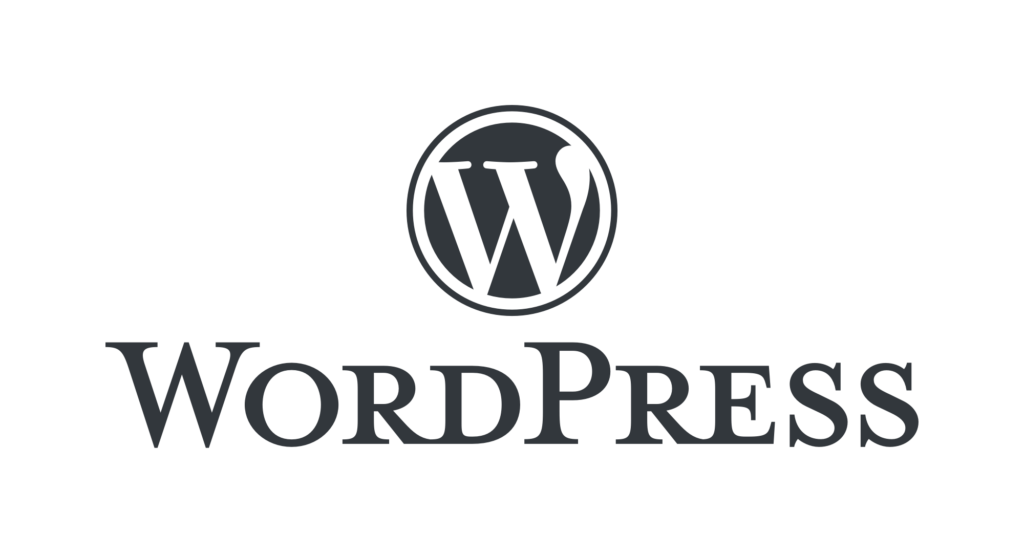 For many, WordPress has become practically synonymous with blogging and for good reason: it’s open source, easy-to-use and extremely flexible. But it’s certainly not the only option.
For many, WordPress has become practically synonymous with blogging and for good reason: it’s open source, easy-to-use and extremely flexible. But it’s certainly not the only option.
This article will outline a few other platforms you might want consider for your blogging or website needs.
Blogger
You’ve likely seen Blogger blogs already (they end in .blogspot.com) but you might not know they’ve recently undergone some major improvements.
Blogger is a service owned by Google which competes with the free-to-use WordPress.com. (This is different from WordPress.org, open-source software you install on your own server space and use with a domain name you have purchased. This is known as self-hosting.)
Many used to look down on Blogger for its amateur-looking templates and the minimal amount of customization allowed, but it’s a lot different today. The new Blogger Template Designer tab allows you to customize your blog’s colors, fonts, backgrounds and styles with the click of a button and no coding.
And unlike free-hosted WordPress.com, Blogger allows you to post advertisements on your blog, and thanks to easy integration with Google AdSense, you can easily start earning from your posts.
Overall, most Blogger templates don’t look quite as professional as WordPress, but they’re quickly improving, and Google has big plans for the Blogger service in the future (it’s rumored it will change its name to Google Blogs). Therefore, it’s not a bad idea to get familiar with it now.
Drupal
In contrast to Blogger, which is most appropriate for personal blogging, Drupal goes all the way in the other direction when compared to WordPress.
It’s a full-blown Content Management System (CMS) with the capability to power large multi-author blogs, company and organizational homepages, forums, and e-commerce websites.
Like WordPress, Drupal is open-source, but it’s more difficult to install if you don’t know what you’re doing. And if you want to do any customization, you will need to learn how to code, including PHP. The base install will also require some additional tweaking if you want to set it up for blogging.
But if your website needs include more than the simple posting of articles, Drupal’s core functions and modules can do a lot more than WordPress.
Tumblr
You’ve also most likely seen Tumblr if you spend much time in the blogosphere. It’s another free-hosted option that makes it easy to “microblog;” that is, quickly and easily post shorter pieces of content that can be text, images, videos, links, quotes, and audio.
The main advantage of Tumblr is the emphasis they put on community. It’s easy to set up your Tumblog to post to your Twitter or Facebook account, and the Tumblr Dashboard itself functions as a social network, as you can follow other users, “heart” your posts, and reblog them if they like what they see.
It doesn’t have nearly as much advanced functionality as WordPress, but if you like sharing brief bits of content in various forms and connecting with a network of other bloggers, then Tumblr might be perfect for you.
Dreamweaver/Static HTML
Finally, some people throw Dreamweaver into the discussion of the best website platforms, but this isn’t quite an appropriate comparison. Instead of a Content Management System (CMS) like WordPress or Drupal, Dreamweaver is a software program used to design websites. In fact, you could use Dreamweaver to design a WordPress or Drupal theme!
What they usually mean instead is using Dreamweaver to design a static HTML site. While there are a few advantages of this approach—it’s flexible and you don’t have to deal with a MySQL database, for example—the lack of an easy visual editor for adding new content usually makes things much more difficult.
If you only need a few pages on your site and don’t anticipate you’ll be posting anything new, a static HTML site might be appropriate, but you can actually do this easily using static pages in WordPress.
The Bottom Line
There are plenty more options spanning from free-hosted options to powerful full-blown CMS solutions. Other popular platforms include Joomla, Typepad, Movable Type and Weebly.
Do you use anything other than WordPress? What are your favorite platforms for blogging and website creation?


In short its nice thoughts for both designer and company.
Thanks!
Hey this was really helpful. I’m just starting a personal website using WordPress, but didn’t know anything about Drupal or Tumblr. I’m going to particularly look into Drupal. Thanks.
I’m glad you found it helpful. Drupal is definitely a good option if you need to power something much bigger than a simple blog. But the learning curve can be pretty steep, and it’s not always that clear what you need to do. Be sure to let us know if you give it a try!
Great information, specially for beginners who are looking around to find the perfect blogging platform. I have personally used joomla before, but today i am running all my blogs on self hosted wordpress only because i’ts damn easy, most secure and powerful platform. However there my be others also but i personally love wordpress.
Thanks Chirag! I agree that WordPress is very convenient, especially when you want to launch multiple sites quickly and easily. But still, I sometimes feel like I should at least keep sharp with Joomla or Drupal just so I don’t get too locked in to the particular way WordPress does things.
The most important difference that we have seen while working with both Blogger and WordPress is that WP’s SEO section is much more stronger than Blogger. In WP there’s an added flexibility of adjusting your desired Permalinks whereas, Blogger has restricted approach to their own post urls.
That’s a good point. Keyword-rich permalinks are important, and you have much more control in WP. Some of the SEO plugins available on WP also make it very easy to manage all aspects of your on-page SEO right from your posts and pages.
That’s definitely a major shortcoming of Blogger, as they don’t have much to compare.
Thanks for the info.Never know about Drupal but i still think blogger is best of those
Blogger can definitely be a great way to get started with minimal investment. But if you plan to invest in a domain and your own hosting, other options would probably be advised.